|
As morbid as it may seem, estate planning is crucial and timely especially since we are in the middle of a pandemic. By Khalil Adis Death is a taboo topic that no one likes to talk about. However, it is important to discuss it with our family members as we never know what might happen to us, especially since we are faced with rising COVID-19 cases worldwide. Even if we eventually emerge victorious against this disease, at least we have made the necessary preparations should something untoward happen to us. Also, it prevents any family disputes on how your assets will be given away upon your death. Before going in-depth with this article, I wish to state that different laws apply to Muslims and non-Muslims. For today’s article, I will concentrate solely on Muslims. I recently spoke to a lawyer and an HDB officer. These are my findings that I would like to share with readers. Muslims For Muslims in Singapore, you are permitted to make a will under Section 111 of the Administration of Muslim Law Act (AMLA) to dispose of your assets upon death. However, your will (or wasiat) must comply with the conditions of, and is subject to the restrictions imposed by the school of Muslim law professed by you. Section 112 of the AMLA states that the distribution of a Muslim’s estate must be according to the Muslim law. Under this section, the assets of a deceased Muslim who was domiciled in Singapore at the time of their death shall be distributed in accordance with the principles of Muslim law and Malay custom (where applicable). In this case, the distribution of assets will be distributed through the principles of Faraid. Faraid generally applies to your assets which have not been given away under your will to your heirs or beneficiaries. However, Faraid does not apply to the following excluded assets: Property held under a joint tenancy Under a joint tenancy, the right of survivorship means the surviving joint-owner gets 100 per cent ownership of the property. For instance, if you own the property with your husband or wife, your husband or wife gets 100 per cent of the property depending on who is the surviving party. Let’s say, you pass on, then your share cannot be distributed to your heirs or beneficiaries under Faraid. This is the position that is taken by the Majlis Ugama Islam Singapura (MUIS) and by the civil law courts in Singapore under the 2019 ruling. You can read more about it here Nominated Central Provident Fund (CPF) monies If you have made a nomination for your CPF monies to your wife, then the monies must be distributed to her only. Nominated life insurance policy benefits/payouts Likewise, if you have nominated your wife to receive your insurance policy benefits/payouts upon your death, then only she is entitled to receive the policy benefits/payouts. You heirs or beneficiaries do not get anything. Harta sepencarian or assets jointly acquired by a deceased Muslim Harta sepencarian has its origins in Malay customs. Section 112 (3) states that a Muslim who dies intestate (without a will), the court may make an order for the division of the harta sepencarian or jointly acquired property in such proportions as to how the court may deem fit. Again, your heirs or beneficiaries are not eligible for this. Assets given away under a will Assets that are given away under your will must be given away to the beneficiary or beneficiaries. Your heirs and other beneficiaries are not eligible if they are not named in the will. What if I am a Muslim and I die without a will? In this scenario, Section 112 (1) states that your estate and effects shall be distributed according to the Muslim law as modified, where applicable, by Malay custom. Also section Section 112 (2) states that this section shall apply in cases where a person dies partly intestate (partly without a will) as well as in cases where he dies wholly intestate (without any will). This means the principles of Faraid will apply to all your assets except for a property that is held under joint tenancy. For example, your CPF monies and life insurance policy benefits/payouts will be distributed under the principles of Faraid to your heirs and beneficiaries. What if am a Muslim and my property is held under tenancy-in-common? Under tenancy-in-common, both parties hold a percentage of shares in the property (for example, 50 per cent - 50 per cent). Upon your death, your share will be distributed according to your will. If you do not have a will, then the principles of Faraid apply. This means your share will be distributed according to Islamic laws to your heirs or beneficiaries. What if I am a single Muslim and I am the sole owner of my property? This will apply for those of you who had bought a flat under the Singles Scheme. If you did not make a will, then Section 112 of the AMLA applies. This means that the distribution of your estate must be made according to Muslim law through the principles of Faraid. If you had made a will, then there will be an executor of your estate and your property may be inherited by your beneficiary. For the avoidance of doubts, you should speak with a private solicitor. What if I have an outstanding loan? HDB flat owners are protected under the Home Protection Scheme (HPS) which is administered by the CPF Board.
Under this scheme, you and your family are protected from losing your HDB flat in the event of death, terminal illness or total permanent disability before your mortgage is paid up. You can read more about it here. However, this only applies if you are paying your mortgage via your CPF savings. If you are paying cash to service your mortgage, the HPS is optional. According to the CPF Board, in this scenario, you are "strongly encouraged to apply for an HPS cover if you are an owner of the flat and if you do not have adequate financial protection for your share of outstanding housing loan". Your eligibility for HPS coverage is subject to approval and you being in good health. If you are the sole owner or if you did not make a will and if your property is to be sold on the market, the proceeds will be used to clear the remaining loan balance before your beneficiary receives the cash proceeds from the sales. If you are the sole owner, paying by cash and if you had made a will, then your beneficiary or beneficiaries will then need to service your remaining loan. Again, please speak to a private solicitor for the execution of your estate.
2 Comments
|
Khalil AdisAn independent analysis from yours truly Archives
July 2023
Categories
All
|
100 Peck Seah Street
|
|
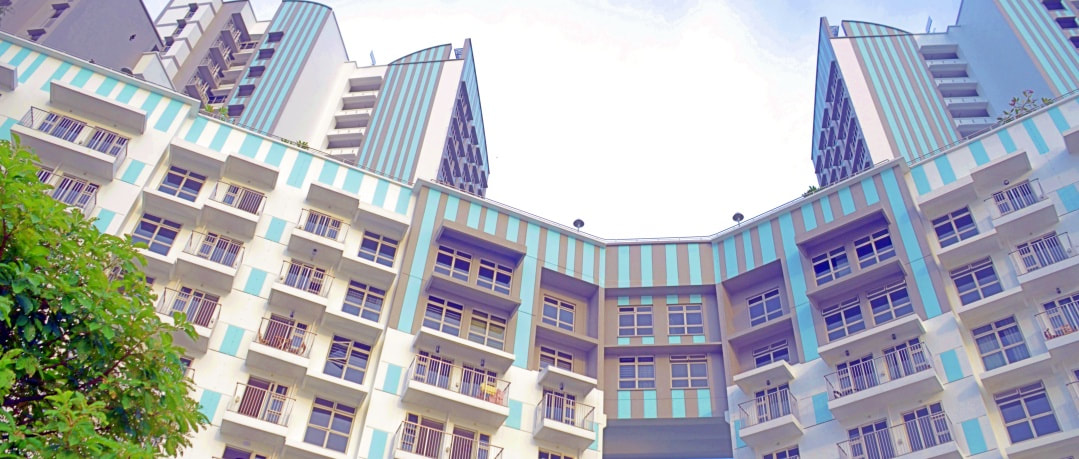
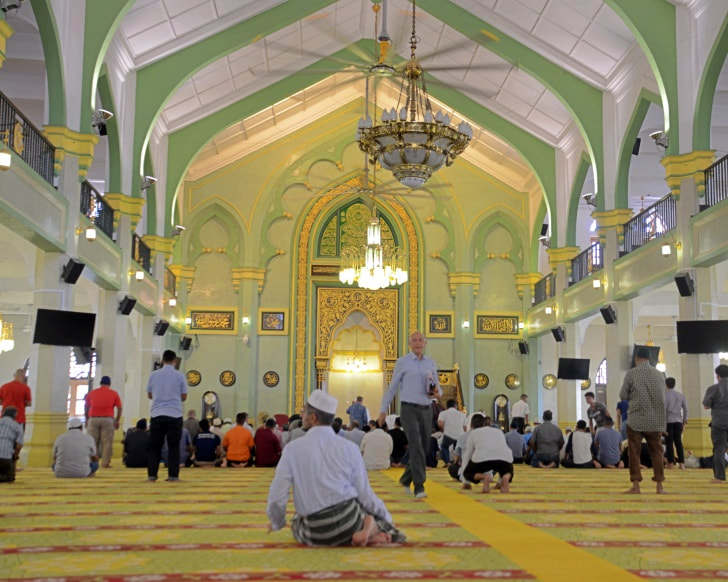
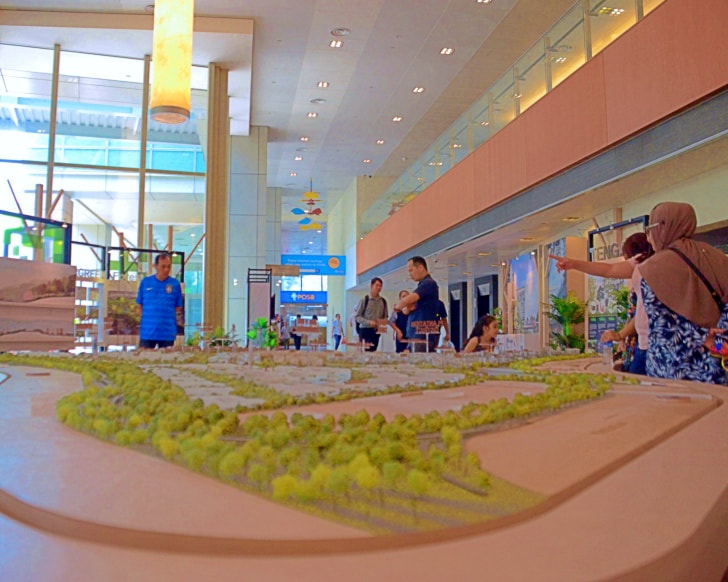




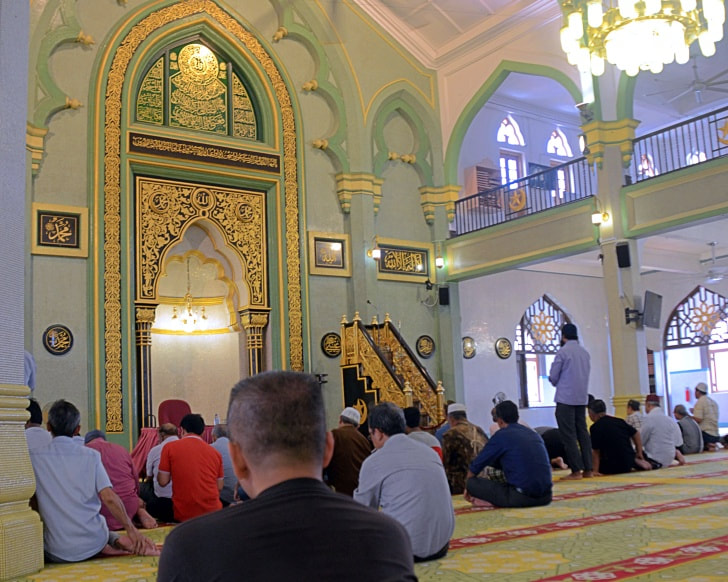

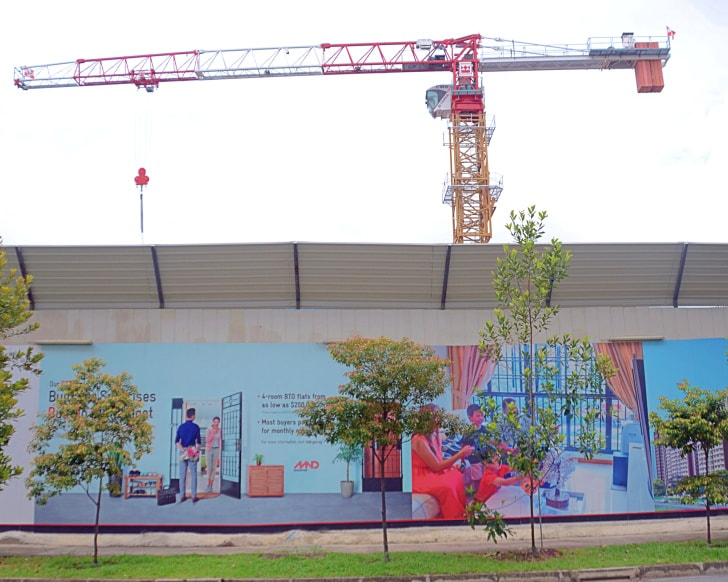
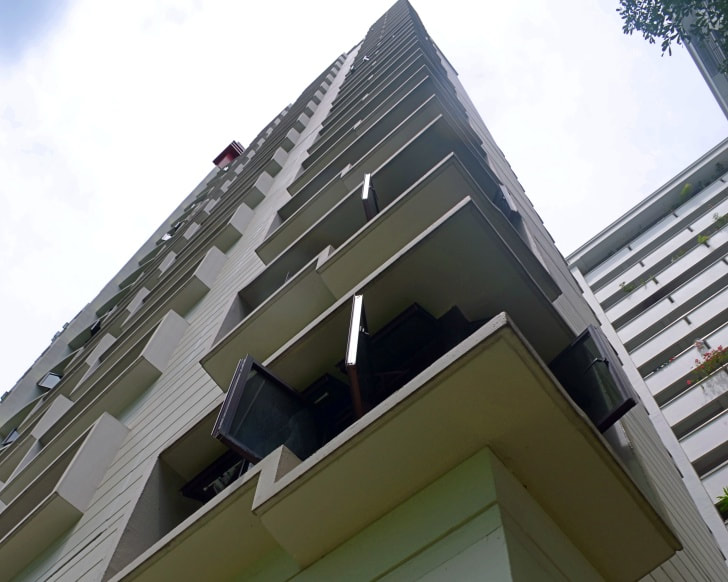
 RSS Feed
RSS Feed
